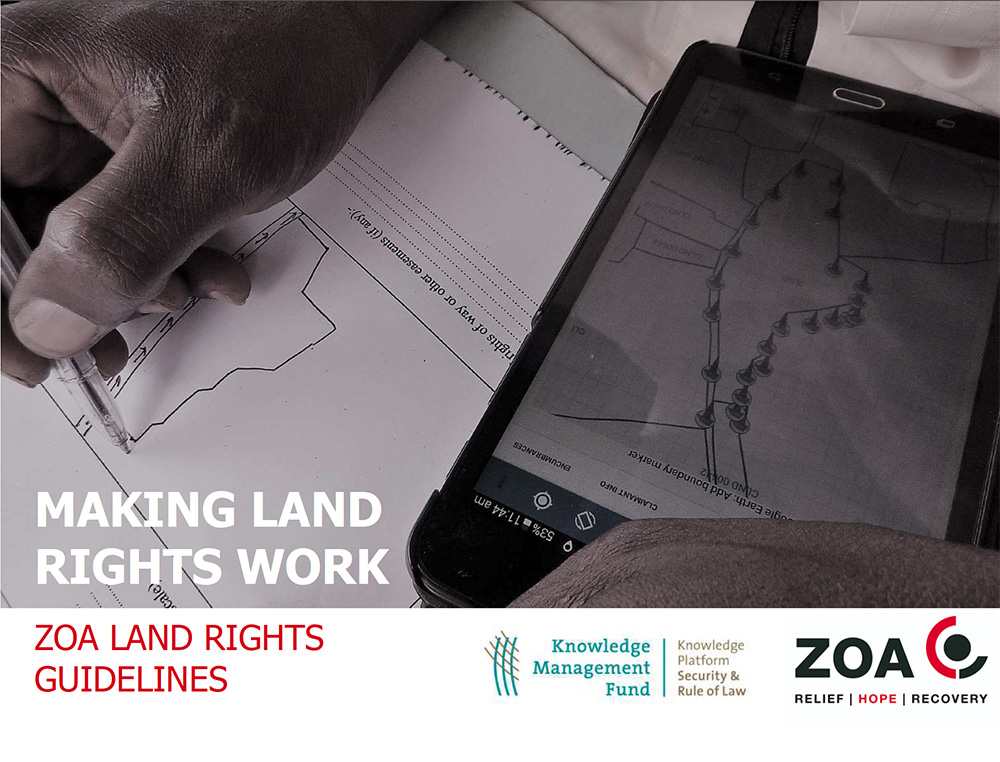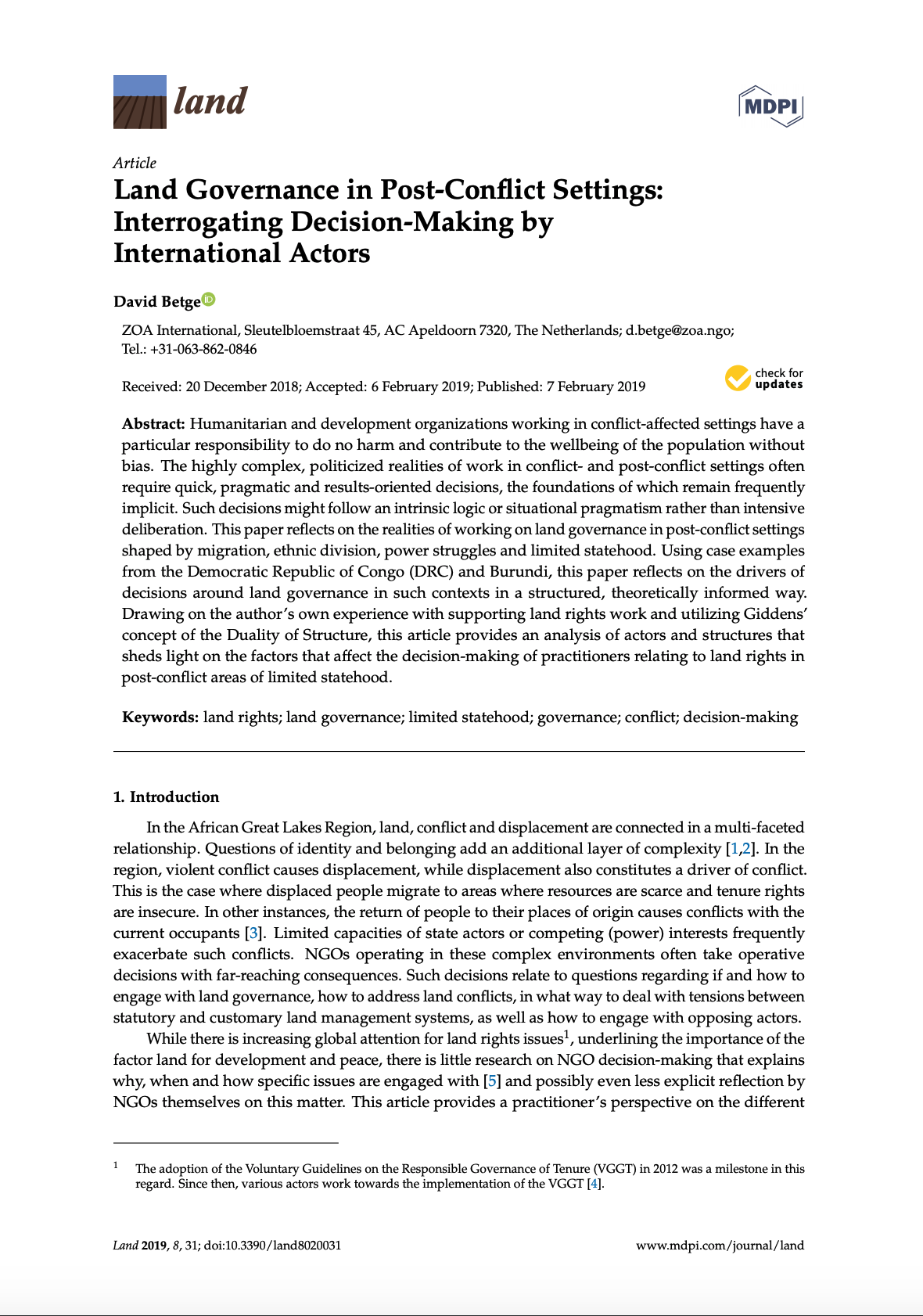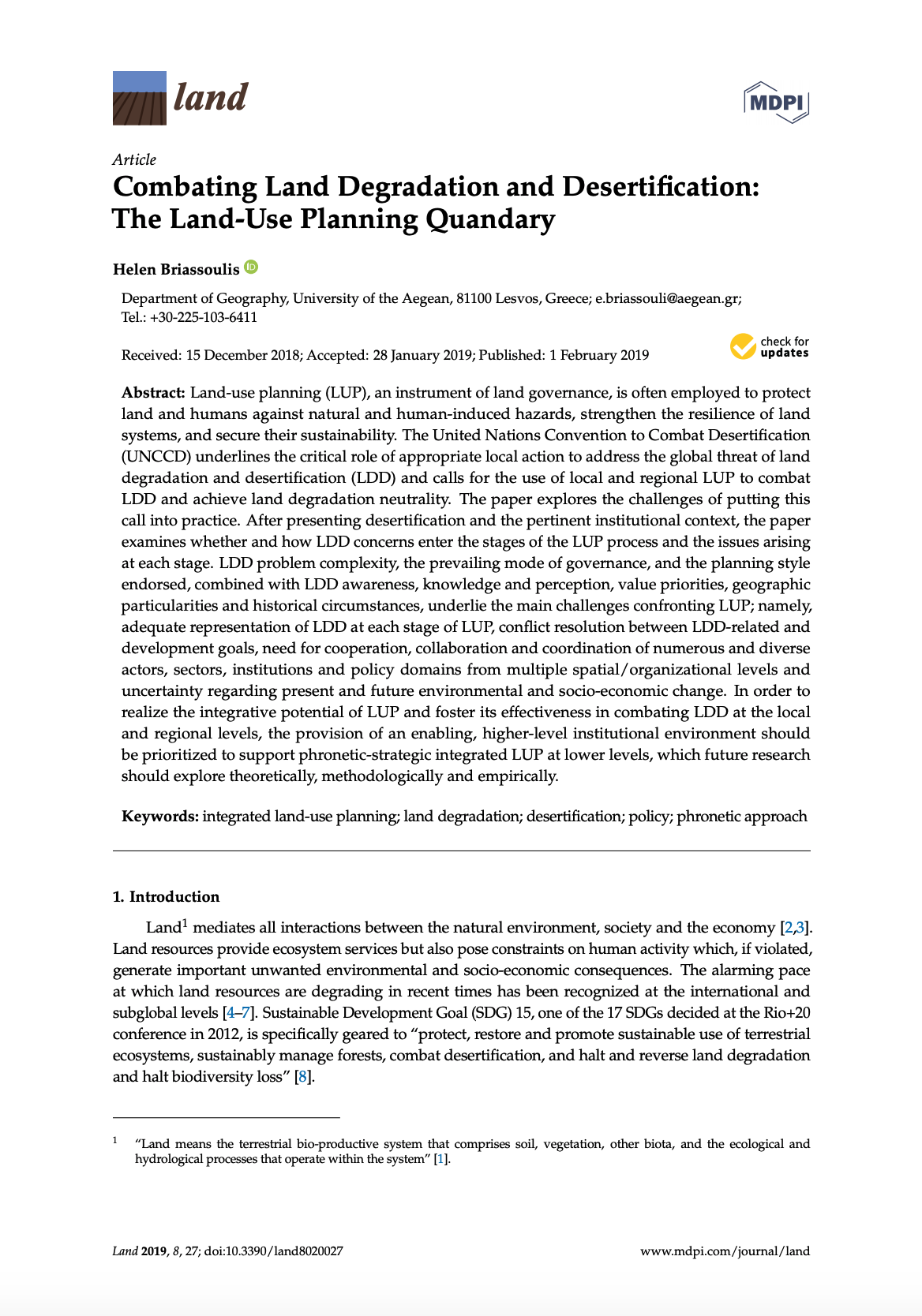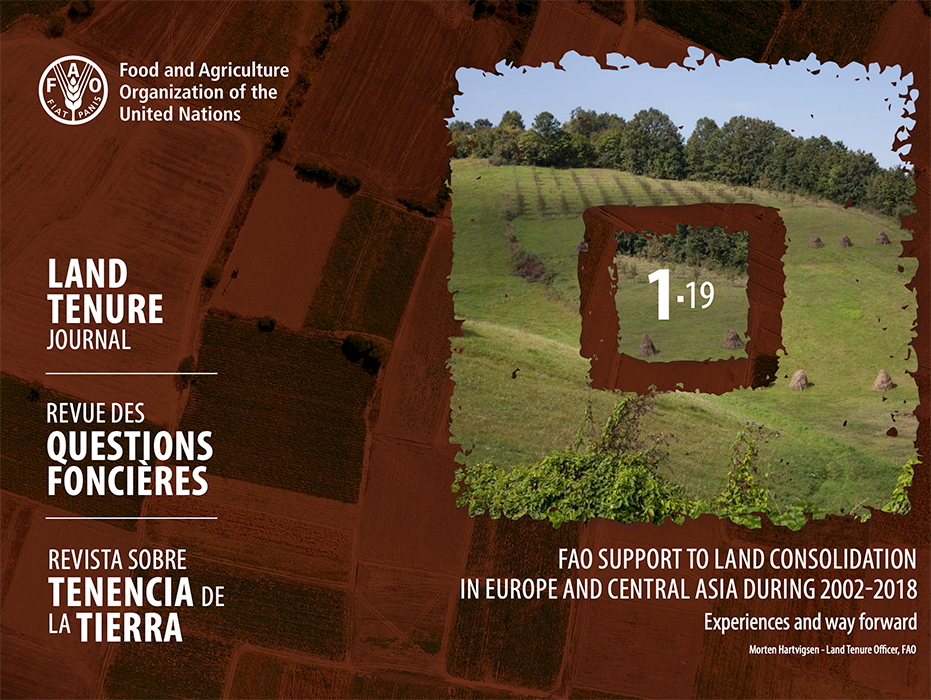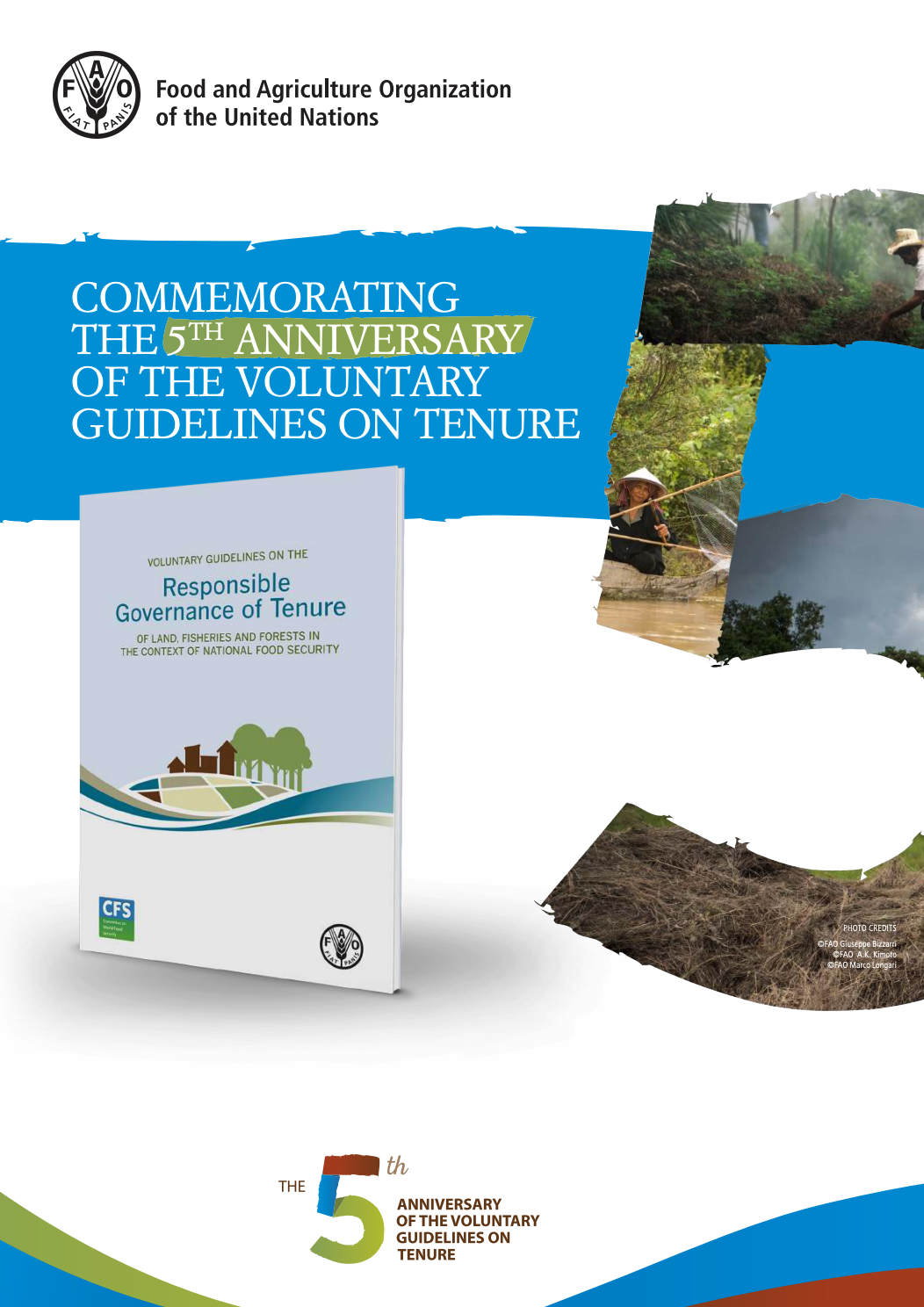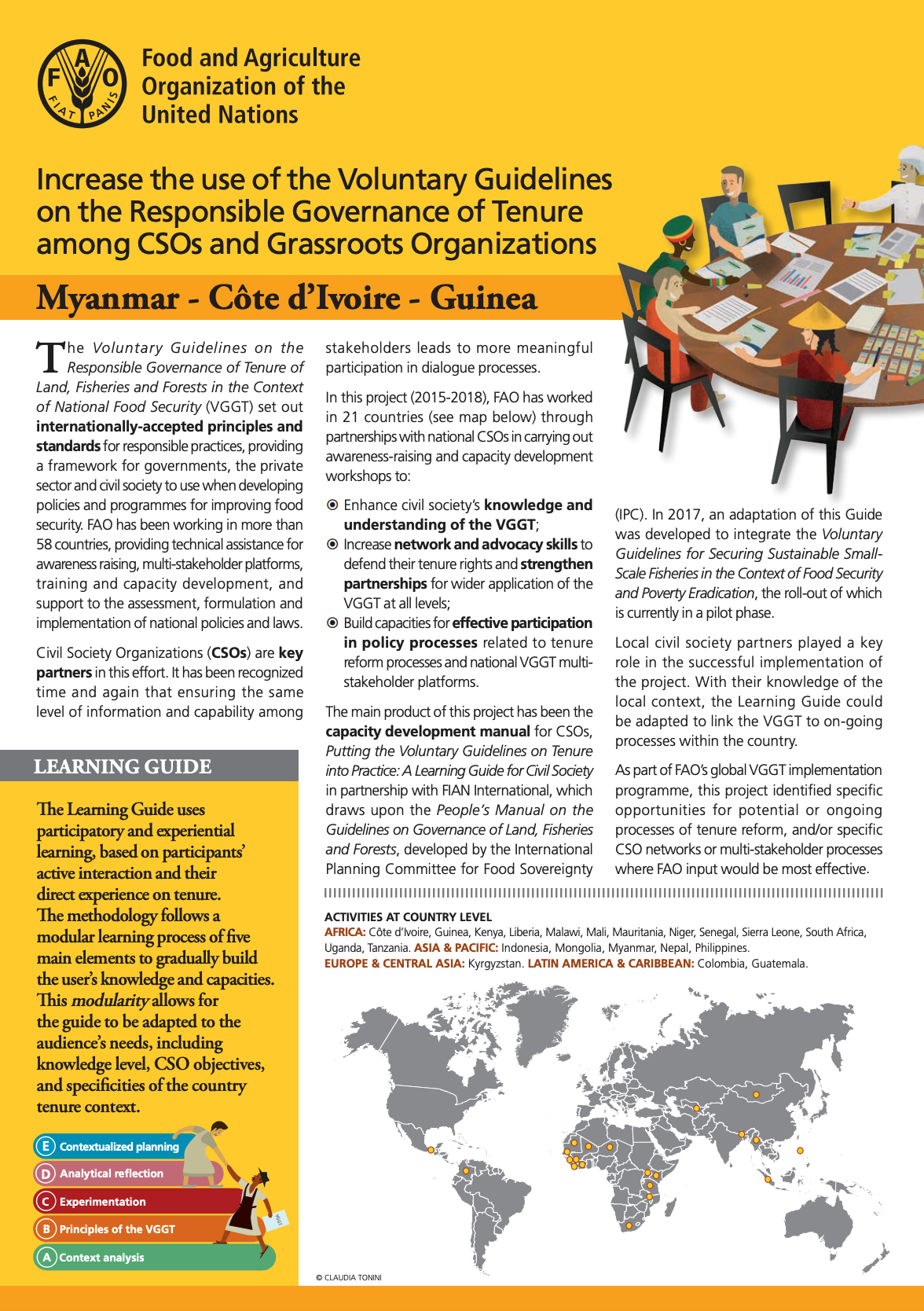Do trees grow on money? The implications of deforestation research for policies to promote REDD
This paper provides a brief overview of the current knowledge and data on deforestation rates, research on the causes of deforestation and forest degradation and relevant policy options. It highlights issues of particular relevance to new discussions on reduced emissions from deforestation and forest degradation (REDD) in developing countries at different stages of forest transition.


